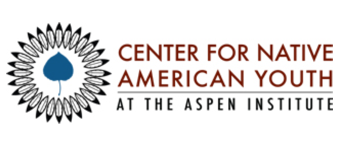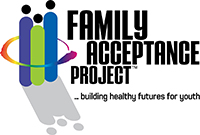Native American, Indian, Indigenous, & Alaska Natives
Your mental health and wellness is a priority. Native American, Indian, Indigenous, and Alaska Native communities are placed at a higher risk due to historical trauma, and compounding discrimination and oppression, in conjunction with a lack of investment into supportive resources. Below, you will find tips and resources to support yourself, a loved one, and other members of Native American, Indian, Indigenous, and Alaska Native communities.
If you are in need of support, you can call, text, or chat with 988. We are available 24/7. 988 works to ensure that all people have access to the support and resources reflective of their own needs. We are always here for you.
How To Take Care Of Yourself
If you are struggling, there are ways to cope right now. You can also call the 988 Lifeline at any time - we're free, confidential, and 24/7.
Build your support network.Having a sense of belonging to one’s culture, or a strong tribal/spiritual bond can be helpful. Discuss problems with friends, family, or community — feeling connected to others can create positive emotional health.
Make a safety plan. Creating a safety plan can include listing your coping strategies, identifying the people in your life that may support you through a crisis, and more. Have a step-by-step plan ready for if/when you feel depressed, suicidal, or in crisis, so you can start at step one and continue through the steps until you feel safe. Having a template on hand with an established plan may be helpful, or you can get help and guidance at https://www.mysafetyplan.org/.
Talk to someone. Reach out to your support network, find a therapist or a support group, orget in touch with the 988 Lifeline.
Find an activity you enjoy. Taking care of yourself can be an important part of your process. Your “self-care” activities can be anything that makes you feel good about yourself.
How To Help
Know the facts. Complex, interrelated factors contribute to suicide among Native American, Indian, Indigenous, and Alaska Natives. Members of these communities have experienced trauma from wars, loss of land, genocide, and forced removal from ancestral lands.
Ask and listen. Be an active part of your loved ones’ support systems and check in with them often. If they show any warning signs for suicide, be direct. Tell them it’s OK to talk about suicidal feelings. Practice active listening techniques and let them talk without judgment.
Get them help and take care of yourself. Research local resources. Don’t be afraid to get your loved one the help they might need. Support them in identifying others to talk to that may understand how they feel – family members, friends, co-workers, and community or spiritual leaders. The 988 Lifeline is always here to talk or chat, both for support in a time of crisis and to support friends and loved ones.
Get in touch
Call the Lifeline
Read Stories Of Hope & Recovery
Get stories from people who have been through a crisis and found hope.
Read Now









